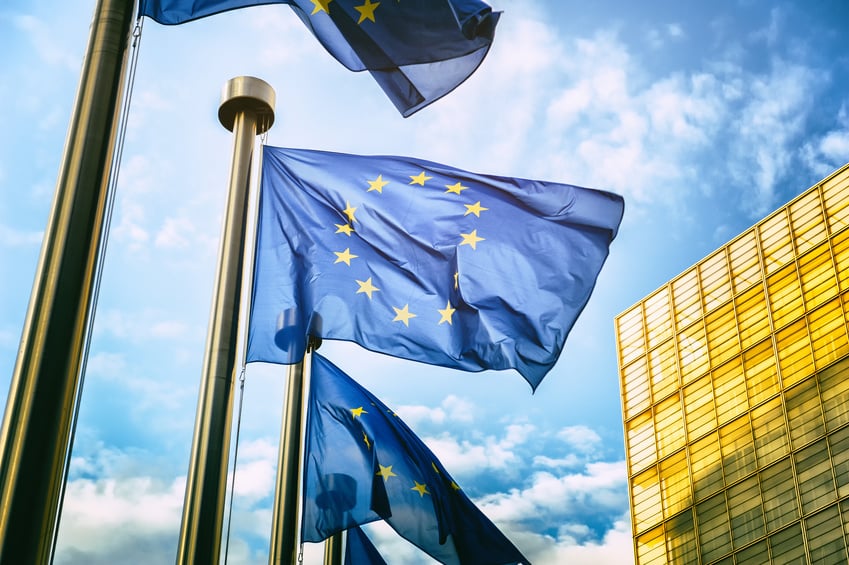The EU Commission published an updated version of ‘The “Blue Guide” on the implementation of EU product rules’, the most authoritative EU guidance on the application of product-related directives and regulations to goods destined for the EU market.
Businesses themselves have little or no role or influence in the vote on 23 June 2016, but if a Brexit vote does happen, businesses can and should have a significant role in what comes next.
The European Court of Justice handed down judgments that provide useful clarification regarding limits on information requests issued by the European Commission in antitrust investigations – in particular as regards the statement of reasons to be provided.
With the GDPR set to become effective mid-2018, companies would be wise to assess sooner rather than later how the GDPR will affect their business models and data processing practices and start formulating a Game Plan to address the transitional steps they would need to take locally, regionally and globally to become GDPR compliant.
On February 29, 2016, the European Commission published a draft adequacy decision and related documents that are intended to implement the EU-U.S. Privacy Shield.
Baker & McKenzie has published the first edition of EMEA Corporate Liability Handbook 2015. The handbook covers 23 jurisdictions and answers the most important questions in connection with corporate liability.
Following the Democratic People’s Republic of Korea’s latest nuclear test and rocket launch on 6 January 2016 and 7 February 2016 respectively, the UN Security Council unanimously adopted Resolution 2270 (2016) on 2 March 2016.
Creating a successful online retail strategy has never been more difficult, especially if restrictions affect Europe.
We surveyed local counsel in 37 jurisdictions throughout the Americas, EMEA, and APAC, and asked them to describe the legal risks associated with violations of data protection laws, and summarize enforcement activities among local data protection authorities.
The end of the year saw a flurry of activity with respect to the GDPR. The biggest change in EU data protection law in two decades is imminent. The GDPR will affect the way companies collect, process, store and transfer personal data in and out of the EU.


